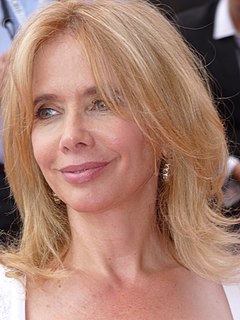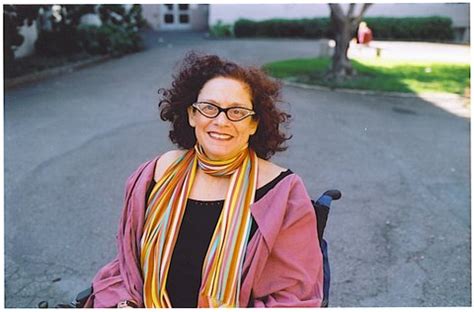A Quote by Mazie Hirono
I got involved in the political arena in college, protesting the Vietnam War, and became friends with some of the activists at the University of Hawaii.
Quote Topics
Related Quotes
When I was 15 years old in the tenth grade, I heard Martin Luther King, Jr. Three years later, when I was 18, I met Dr. King and we became friends. Two years after that I became very involved in the civil rights movement. I was in college at the time. As I got more and more involved, I saw politics as a means of bringing about change
When I was 15 years old and in the tenth grade, I heard of Martin Luther King, Jr. Three years later, when I was 18, I met Dr. King and we became friends. Two years after that I became very involved in the civil rights movement. I was in college at that time. As I got more and more involved, I saw politics as a means of bringing about change.
After world war all we got was a lot of conformity, and conservatism and when I was in college at the university of Illinois the skirt lengths dropped instead of going up as they had during the roaring twenties and I knew that was a very bad sign, and it is symbolic and reflective of a very repressive time, and some of that was laid the feet of the cold war.
I'm an old guy, and I was protesting during the Vietnam War. We killed fifty Asians for every loyal American. Every artist worth a damn in this country was terribly opposed to that war, finally, when it became evident what a fiasco and meaningless butchery it was. We formed sort of a laser beam of protest. Every painter, every writer, every stand-up comedian, every composer, every novelist, every poet aimed in the same direction. Afterwards, the power of this incredible new weapon dissipated.
Most of us who were opposed to the war, especially in the early '60's - the war we were opposed to was the war on South Vietnam which destroyed South Vietnam's rural society. The South was devastated. But now anyone who opposed this atrocity is regarded as having defended North Vietnam. And that's part of the effort to present the war as if it were a war between South Vietnam and North Vietnam with the United States helping the South. Of course it's fabrication. But it's "official truth" now.
Katherine Johnson actually integrated the public university in West Virginia. And Mary Jackson had to petition state courts to be allowed to attend an all-white college to get the qualifications needed to become an engineer. At every turn, these women were involved in the Second World War, the Cold War, the civil rights movement.
































